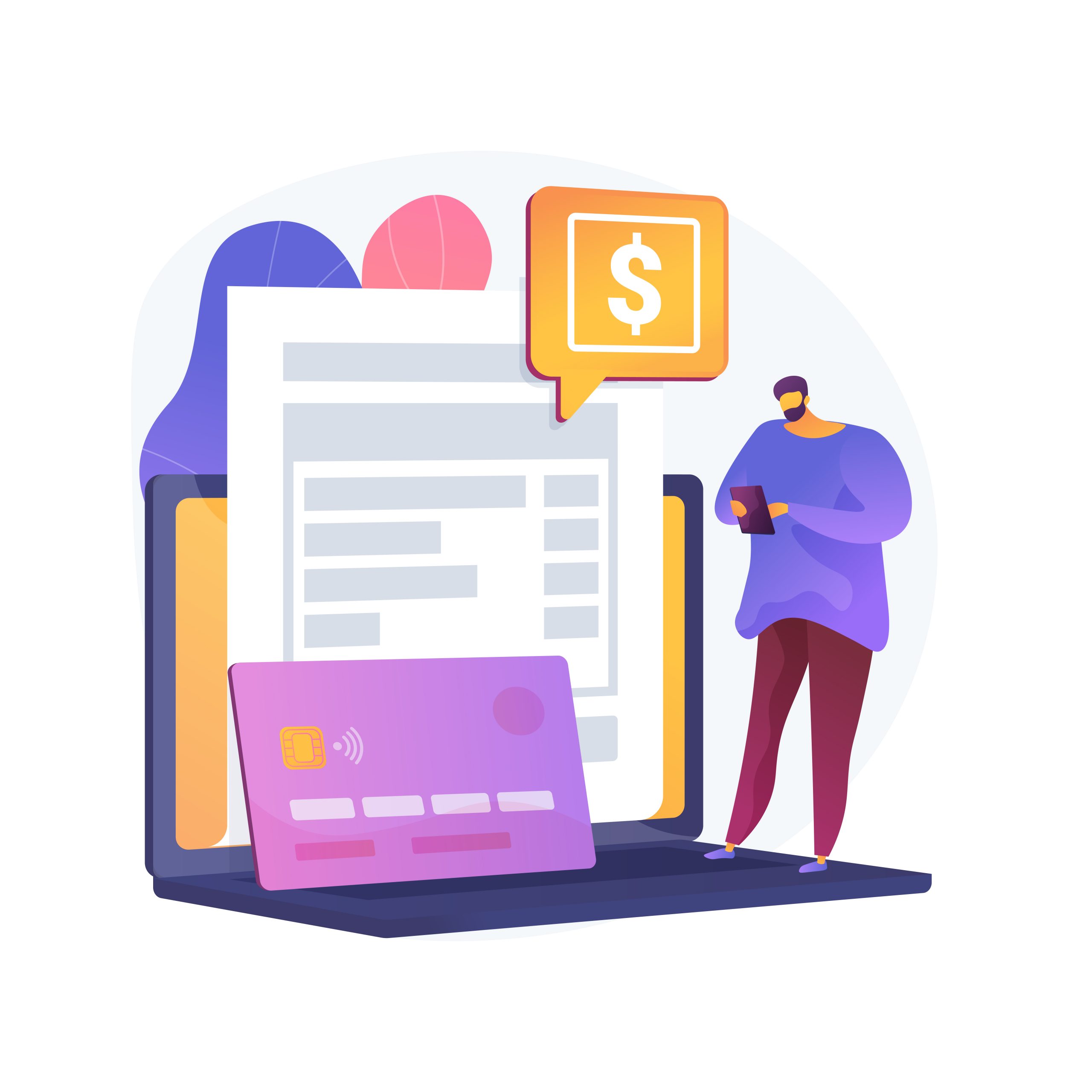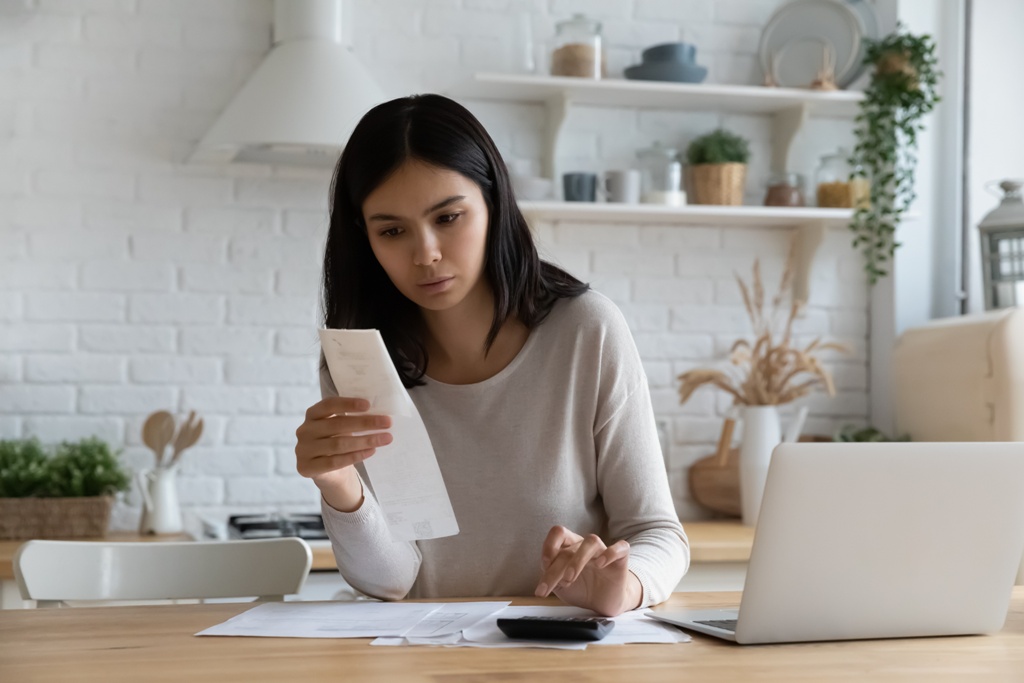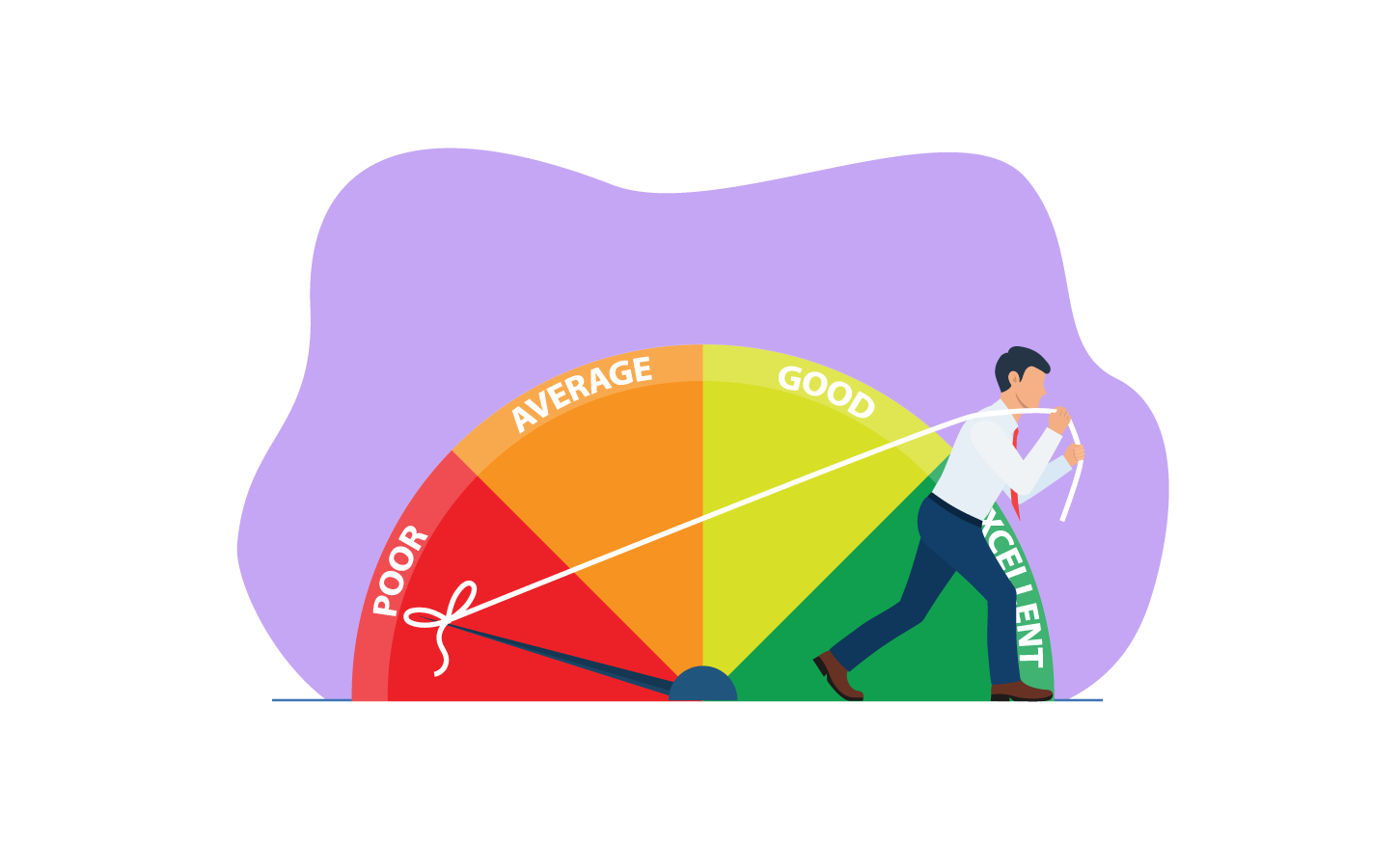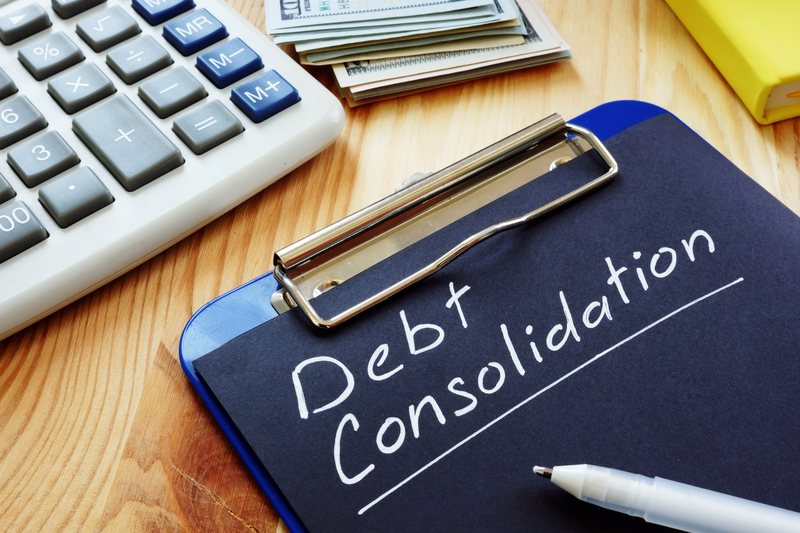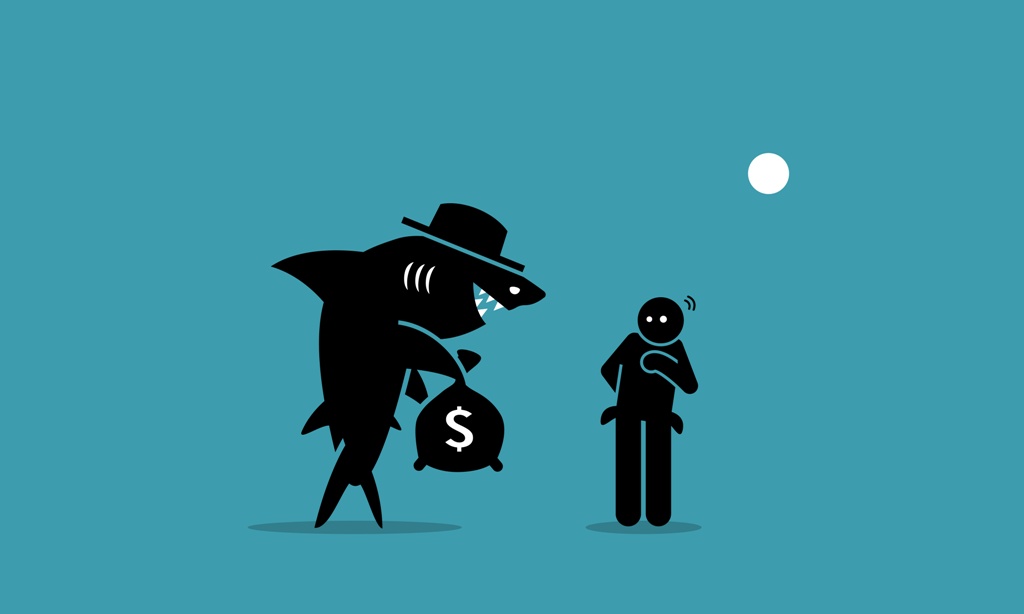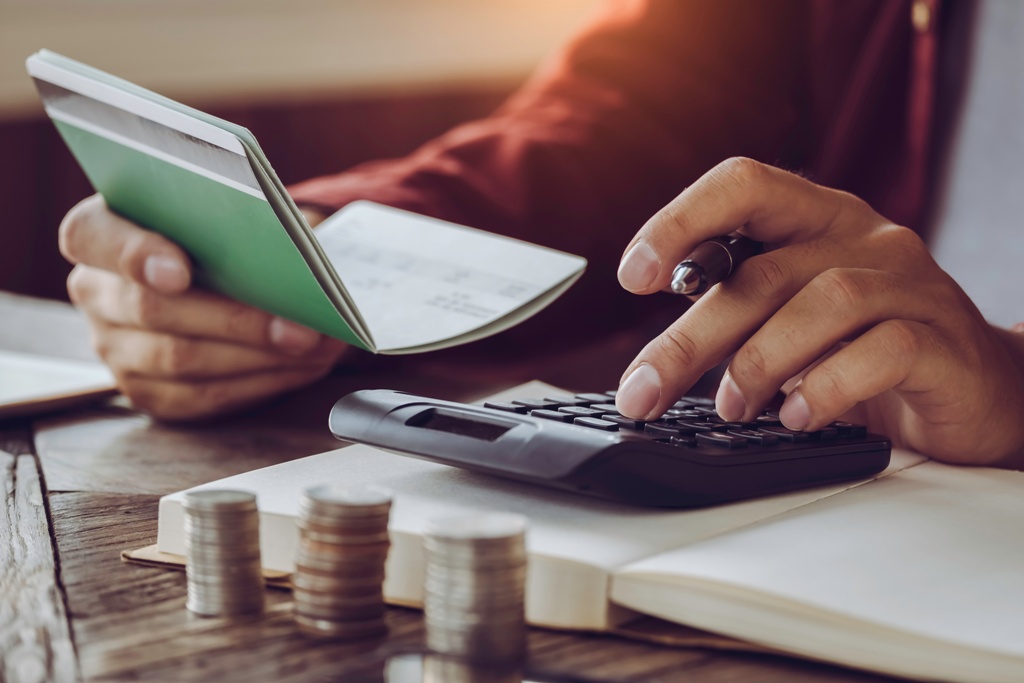This is the one of the most common topics we usually hear being discussed by adults and teens, often leading to stark disagreements. We have most definitely been on either side of the spectrum supporting either one of the schools of thought. With no clear or certain answer to the question, it is inevitable that the best solution to this paradox would be: to know when to spend and when to save. Below are some points that we can consider while deciding if we should hold back our expenses or splurge it all.
Let’s discuss this by putting into context the new variable affecting the global economy. With the rise in the number of COVID 19 cases globally, we have seen most countries adopting the orthodox solution of expansionary monetary policy, by providing their economies with large stimulus packages. This ‘stimulates’ the economy by increasing money supply, which would then lead to money becoming ‘cheap’(since interest rates are low) to encourage greater borrowing (due to the cost of borrowing being low) which would in turn lead to economic growth via greater economic activity as consumer expenditure (a determinant for economic growth) would increase. Hence, if we were looking to buy that new car that we have always wanted to, it makes sense to do it while rates are low. That way the total interest payable for the car would be lower compared to buying it when the interest rates are high.
Does that mean we should not save money?
Not exactly, in order to evaluate if we should spend or save money, it is imperative that we consider all aspects of our personal finance and also the stability of the global economy. COVID 19 has inevitably suggested that adaptability is one of the most important determinants that could either sustain or destroy most industries. Needless to say, we should never be complacent in assuming our employability and it would make perfect sense to have sufficient money placed aside as savings for ‘rainy’ days, should any economic changing events occur in the future.
Also, over-expenditure during a thriving economy may not always be the most viable option. It also makes perfect economic sense to save money when our economy is booming! Back to the example of the car, if we had bought it when our economy was thriving, we would have incurred a higher interest rate on our loan (as interest rates are usually higher during an economic boom), hence, the total interest payable for the same car (assuming the price was the same) would’ve been comparatively higher.
From the above illustration, we can see the example of ‘cheap’ vs ‘expensive’ money. ‘Cheap’ money is usually being a product of lowered interest rates while ‘expensive’ money is a result of higher rates due to increased borrowing. This clearly suggests that the economy’s performance should not be seen as the sole metric to decide or influence one’s choice on either spending or saving. There will never be a right or wrong answer as it will always be necessary for us to take into account many other factors such as the allocation of our personal finances towards borrowed money and also our ability to service our monetary liabilities.
Responsible borrowing
Needless to say, responsible borrowing is the bedrock of any sustainable economic system, be it on a personal or corporate level. We should not over leverage with the hope that the economy will remain as it is and should only borrow or spend (borrowed money) if we are able to pay it back.
Also, we should always seek greater economic understanding as there is no one size fits all, especially within the economy. We should not always be fixated on our prior understanding on the ever changing economy but rather be eager to seek opportunities in order to grow our existing wealth. One option that should always be considered is the ability to spend and save concurrently. Yes, that’s actually possible by simply spending on assets rather than liabilities. We should clearly distinguish between the two and be extremely mindful when spending on either one.
Undoubtedly, the most ‘viable’ option would be responsible borrowing to invest in asset classes that grow in value over time. A good example to look at would be value, growth stocks and even real estate (as seen by the sharp appreciation in house prices in the past 12 years). It teaches us a lesson on how we can make use of the debt model to make us money.
All of the above are just guides to consider when we receive our next paycheck. Personal savings will always be the best option in an ever changing, uncertain economy. With that, we shouldn’t neglect the opportunity to grow assets which could in turn generate greater income than it’s existing debt liabilities. That being said, what would you do? Save or Spend?
About the Author

Led by a team with invaluable expertise across Singapore’s licensed moneylending, banking, and finance industries, CompareSing provides users with a streamlined yet informative experience at every step of their loan journey.


